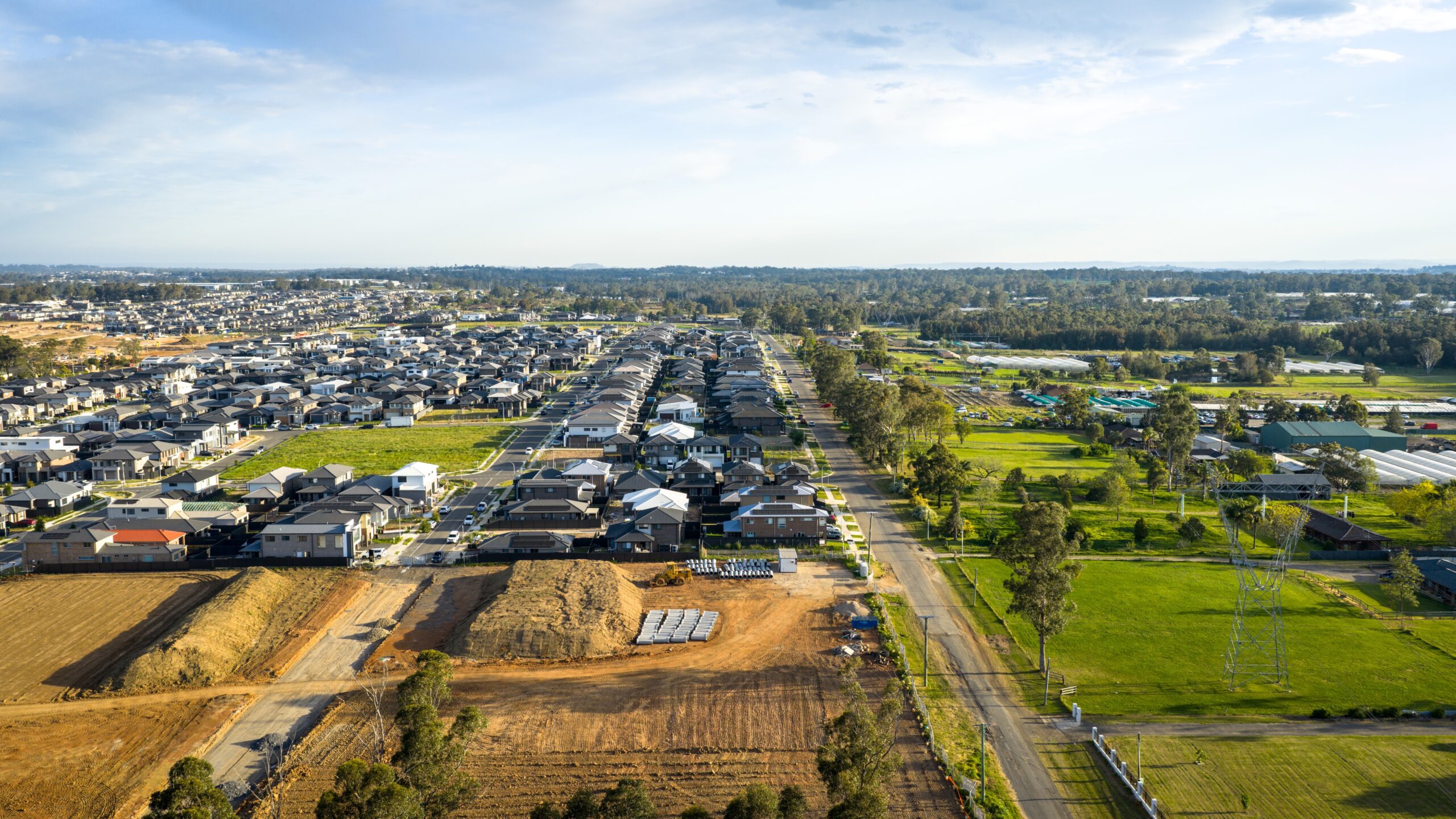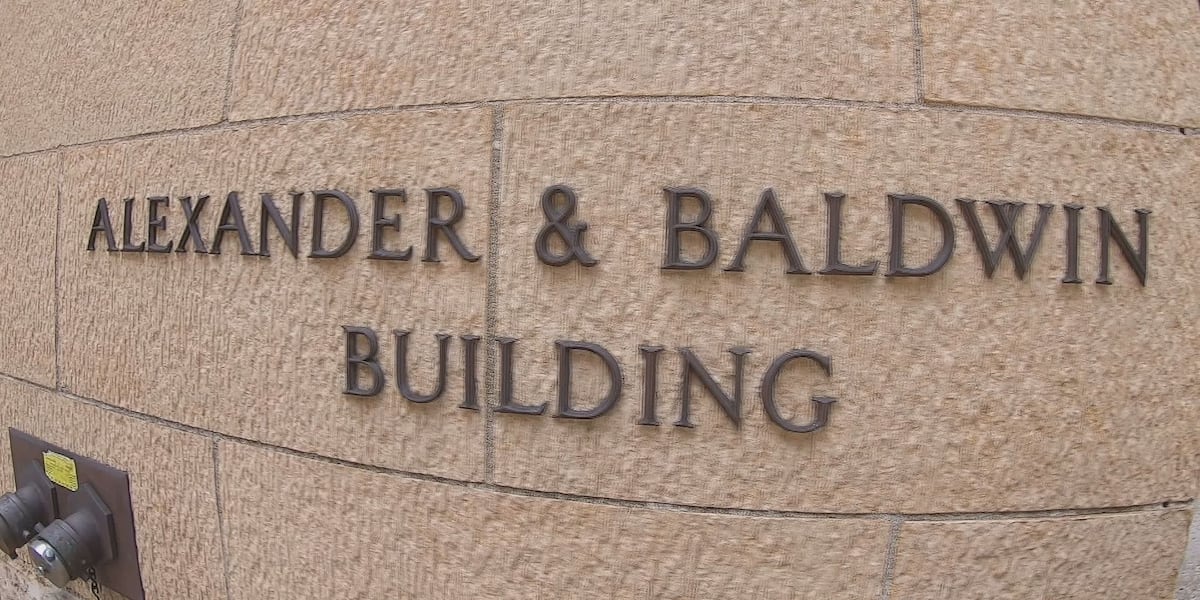M
cCourt Partners, a Los Angeles-based real estate firm with roots dating back to the 1970s as an apartment owner in Boston, has evolved into a global player with projects spanning New York City, London, Miami, and Austin. The company's current portfolio boasts over 10 million square feet of assets in various stages of development and management.
While the McCourt name is synonymous with sports, particularly through founder Frank McCourt's ownership of Olympique de Marseille and the Los Angeles Dodgers, the firm has refocused on real estate since the Dodgers sale in 2012. President Jordan Lang credits this shift as a catalyst for growth, saying it allowed them to redirect capital towards their core business.
This strategic pivot led to a renewed emphasis on long-term projects, which is now yielding significant results. McCourt's latest endeavor, Halo Vista, is a $7 billion mixed-use development in Phoenix, featuring 28 million square feet of commercial, residential, and industrial space. The project, developed in partnership with MACK Real Estate Group, is adjacent to the Taiwan Semiconductor Manufacturing Corp.'s campus.
Looking ahead to 2025, McCourt plans to expand its presence through two significant projects in Wellington, Florida, and Dallas. Lang notes that the company seeks to create meaningful impact on cities and submarkets while providing straightforward, large-scale investments.
In an interview with Multifamily Dive, Lang discussed the firm's development prospects for 2025, citing a resurgence of new development starts in key markets like Arizona, Nevada, Texas, and California. However, he acknowledged that rising interest rates have impacted the attractiveness of new developments, making it challenging to achieve desired yields.
Lang emphasized the importance of wrap projects, which offer a more cost-effective alternative to podium construction. He also highlighted the scarcity of limited partner capital, which is being cautious about investments due to compressed spreads and increased debt instruments.
Despite challenges, McCourt remains optimistic about California's development prospects, citing positive sentiment in the public sector and alignment on zoning reforms. Lang believes that public partnerships will increase, driving the creation of more housing options, including workforce, affordable, and market-rate units.












